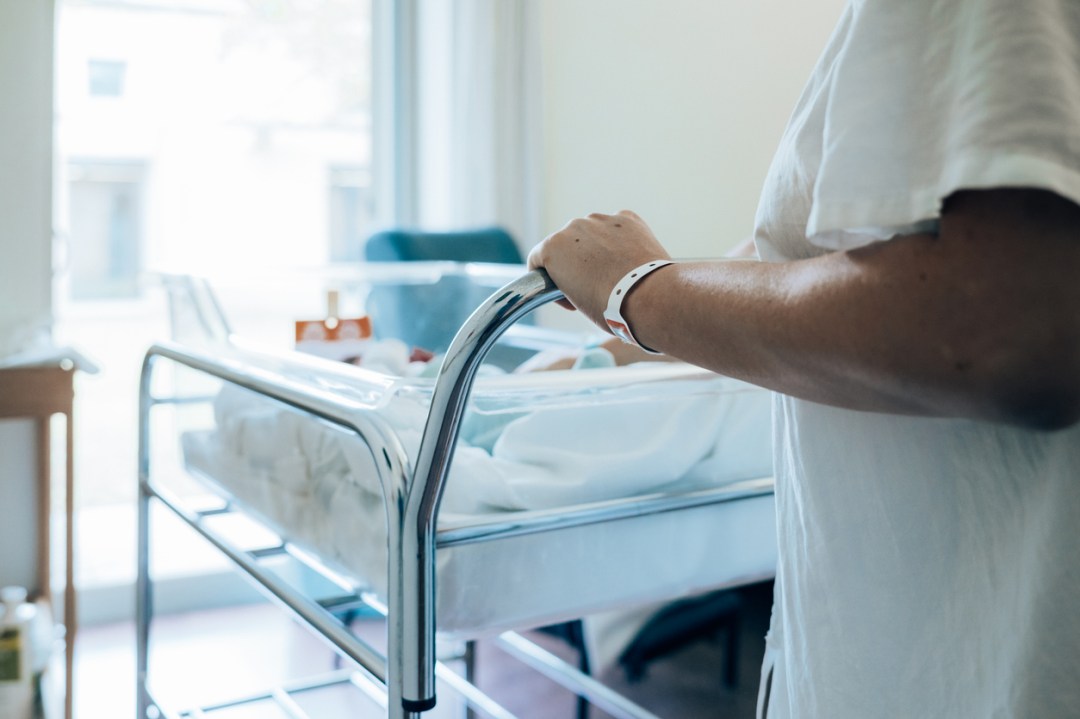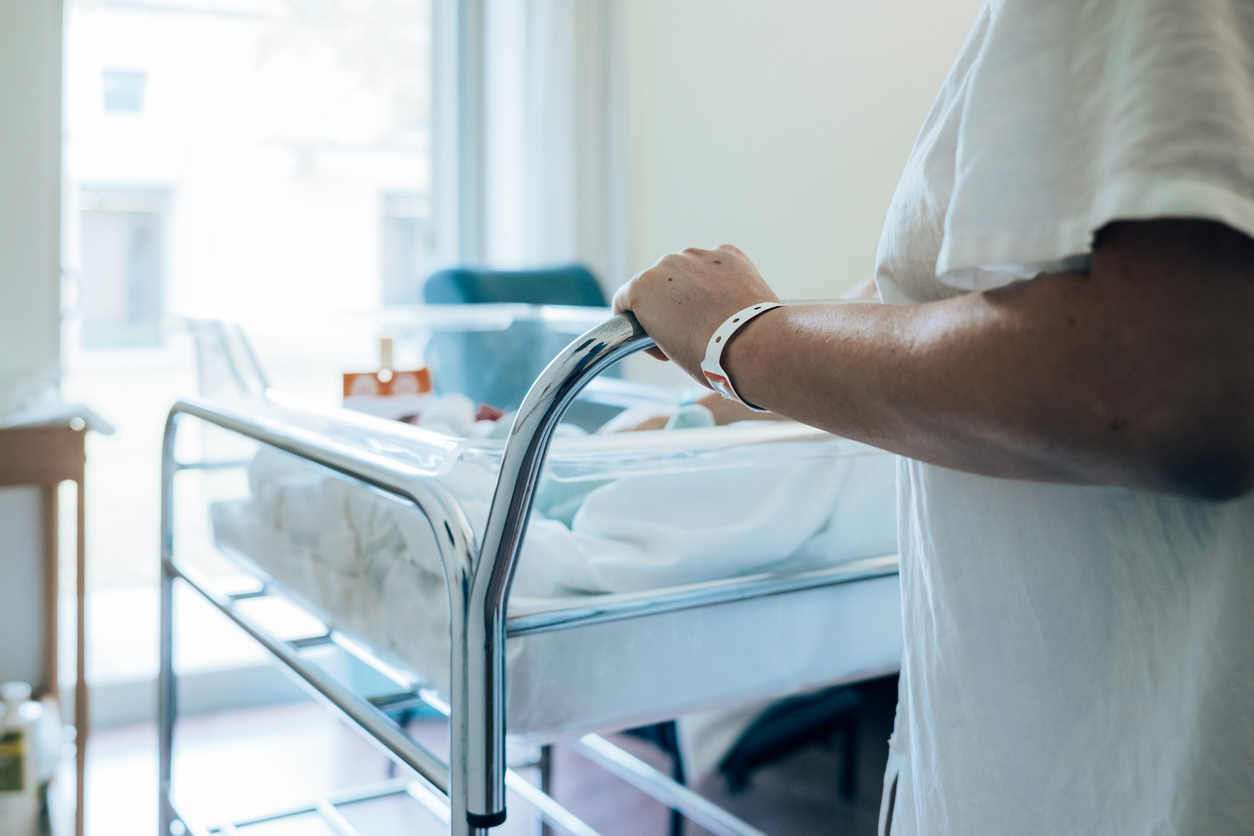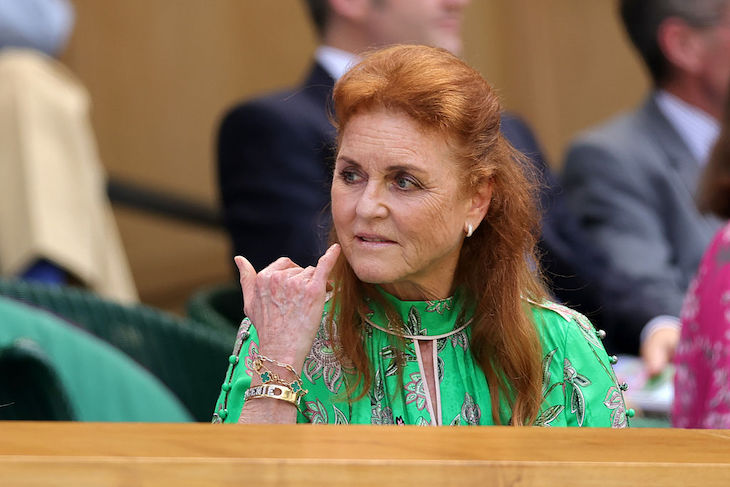Turkey has been rocked by the disturbing news of the arrest of a so-called ‘newborn gang’ which is accused of being responsible for the death of multiple babies.
According to an Istanbul prosecutor’s indictment, healthcare workers in both state and private hospitals allegedly arranged the transfer of newborns to intensive care units in private hospitals, as a way to extort money from the state and distraught parents. These transfers were made when state hospitals still had capacity or the infants did not require intensive care.
Some claim that profit-oriented private hospitals without sufficient government oversight are incentivised to carry out unnecessary medical interventions
Through the scheme, the gang secured large sums of money from the Turkish Social Security Institution (SGK) and the families of patients. To facilitate its crime, the network reportedly paid bribes to employees at central emergency call centres, to give parents false diagnoses, and to justify the transfer of their children to private hospitals. Keeping a child in intensive care reportedly earned the network around £180 a day. The mistreatment and negligence of the trafficked babies resulted in several deaths.
A police investigation began last year, after an anonymous tip-off claimed the gang was ‘responsible for the death of hundreds of babies’. So far, the indictment has identified ten suspicious deaths.
‘It has shaken us all’ said President Erdogan in a statement on Tuesday, adding that one hospital has been forced to shut down and another nine had their licenses revoked. Of the 47 suspects in the case, 22 have been arrested. Among them is a lawyer who threatened the prosecutor working on the case and his family, the act of which was recorded by hidden cameras. The president vowed that he would personally ensure that the ‘criminals who play with the lives of innocent babies will never see the light of day again.’
Others have been quick to point out that the Turkish government is also culpable. ‘The current government bears the responsibility entirely’ says Sebnem Korur Fincanci, a human rights activist and the former head of the Turkish Medical Association. ‘They received the tip-off 18 months ago but did nothing until now. There’s a unit dedicated to inspecting infant deaths. We would expect them to have noticed this even before the tip-off.’
‘If you are going to carry out justice, you must have concrete evidence,’ said health minister Kemal Memisoglu in an interview with the state-run Anadolu news agency, in an attempt to justify the 18-month long investigation period.
A range of opposition politicians, from left to right, still hold Memisoglu responsible and have called for his resignation. President Erdogan has struck back, accusing them of ‘playing politics over the funerals of innocent babies and the pain of their families.’
Since coming to power in the early 2000s, President Erdogan’s government has strongly promoted privatisation in the healthcare system. Countless private hospitals have sprung up across the country in the years since. In Istanbul alone, there are 234 hospitals, 164 of which are private and 54 are state-run. The surge in private hospitals considerably cut down waiting times in the overburdened healthcare system but brought along problems of its own.
Some claim that profit-oriented private hospitals without sufficient government oversight are incentivised to carry out unnecessary medical interventions, especially when it comes to childbirth.
When the Justice and Development party (AKP) came to power in 2002, the rate of C-sections in Turkey was around 30 per cent of all childbirths, similar to the current rate in the United Kingdom. Today, the rate in Turkey is at around 60 per cent – among the highest in the world. According to the World Health Organisation (WHO), the acceptable rate is between 10 to 15 per cent. Slowly the authorities are starting to address the issue. Earlier this month, the Health Ministry released a campaign video titled ‘Mummy we made it’, promoting ‘normal’ birth over C-sections.
The rapidly increasing number of private hospitals and clinics cater not only to the locals but foreigners too. Low cost dental work, hair implants, rhinoplasties (nose jobs), and other plastic surgeries have made Turkey one of the main hubs of medical tourism. But cheap prices and lack of government regulation has resulted in serious risks. The UK Foreign Office noted that in 2023 alone, at least six British nationals died after receiving medical procedures in Turkey.
As you can imagine, Turkish doctors often have a strained relationship with the general public. Violent attacks against healthcare workers are frequent in the country. According to the Turkish Medical Association, there were on average 50 reports a day of violence against healthcare workers in 2023.
The ‘newborn gang’ incident will undoubtedly increase such attacks, Fincanci has warned. ‘Violence is surging in every area in the country. Polarisation has reached unbelievable levels. Unfortunately, issues such as this in the healthcare sector undermine the trust between patients and doctors.’
It may be too that the newborn baby gang is not the only scandal in the Turkish healthcare sector. Since the story has come to light, there have already been allegations that a similar network has been moving elderly patients to dialysis units for profit. It could be that Turkey’s newborn baby gang is just the tip of the iceberg.








Comments